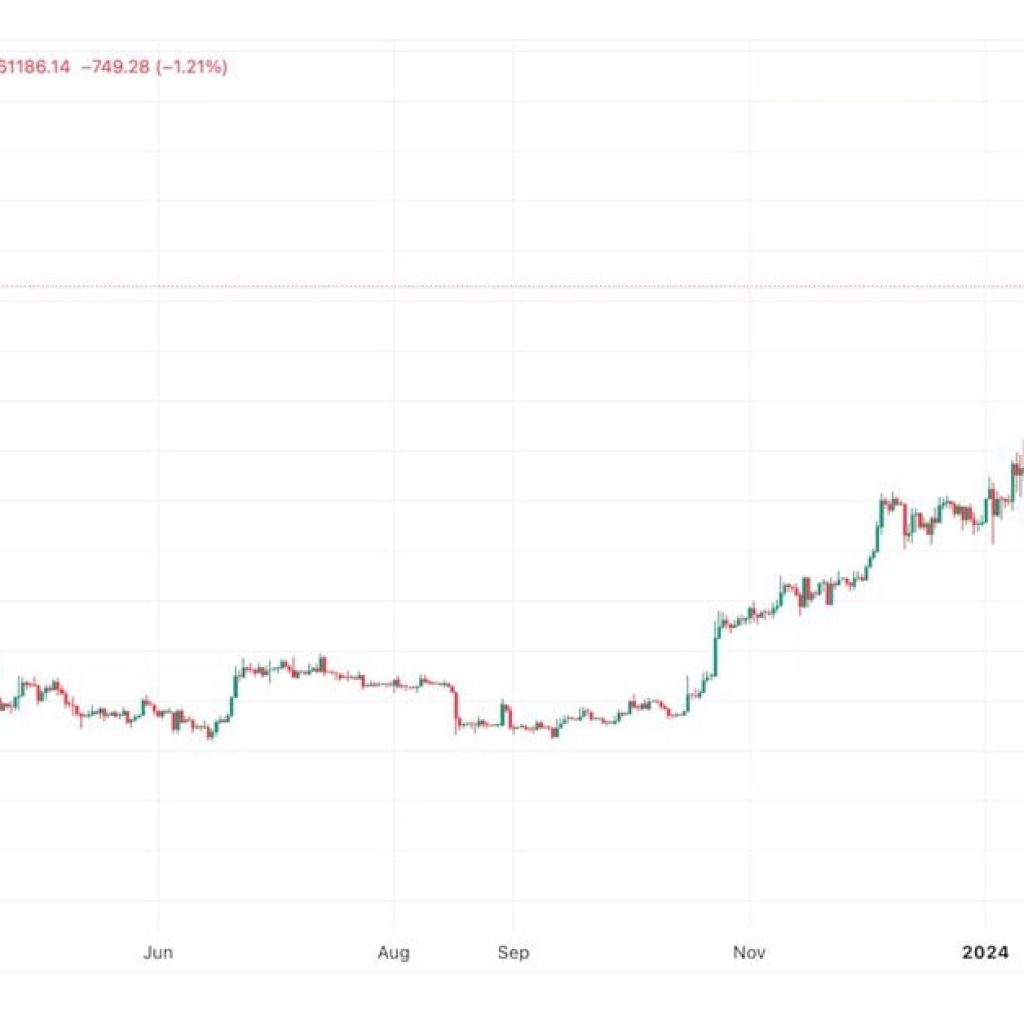The IRS Criminal Investigation (CI) has teamed up with international partners to provide advanced training to Ukrainian law enforcement. The focus is combatting cybercrime, with a keen eye on the intricacies of cryptocurrencies and blockchain-based tracking.
Moreover, the Dutch Fiscal Information and Investigation Service (FIOD) and the UK’s His Majesty’s Revenue and Customs (HMRC) have joined forces with the IRS CI. Together, they delivered further cyber training to Ukrainian officials in June. This collaboration saw a second round from September 18th to 21st, emphasizing Bitcoin and blockchain tracking. Almost 40 Ukrainian law enforcement personnel benefited from this initiative.
Additionally, the training equipped Ukrainian officials with online tools to counter money laundering, identify fraudulent Bitcoin transactions, and hone their skills in blockchain forensics. Notably, blockchain analytics firms CipherTrace and BlockTrace played pivotal roles, working alongside the CI, FIOD, and HMRC to impart this education.
Participants hailed from various Ukrainian agencies, including the Economic Security Bureau, the Security Service, the National Anti-Corruption Bureau, the State Bureau of Investigation, and the Cyber-Police Department of the National Police. Those who completed the course earned the “Cryptocurrency Tracing Certified Examiner” (CTCE).
CI Director Jim Lee stated, “The training we’ve provided to our Ukrainian counterparts underscores the global collaboration between government agencies and the private sector. This partnership targets those evading sanctions, highlighting the importance of public-private alliances.”
However, this isn’t the first time Ukrainian officials have received such training. In May 2023, the IRS CI, in partnership with blockchain intelligence platform Chainalysis, focused on identifying and disrupting financial networks used by entities hiding assets violating sanctions.
Besides the training, there’s a broader context to consider. Since Russia invaded Ukraine, Russian military fundraising organizations have reportedly amassed significant cryptocurrency funds despite facing US and international sanctions. While initial estimates suggested they raised around $4.2 million, recent data from blockchain analytics company Elliptic indicates a figure closer to $20 million.
Significantly, over 80% of these assets passed through centralized crypto exchanges. Astonishingly, more than half of these funds originated in the United States. These groups have also leveraged NFT services, decentralized exchanges, and DeFi protocols for their financial dealings. Some even propose using NFT initiatives in the war effort, both for fundraising and as rewards.





